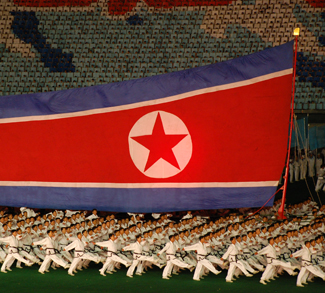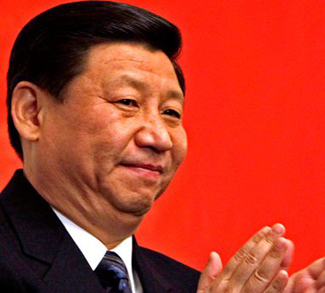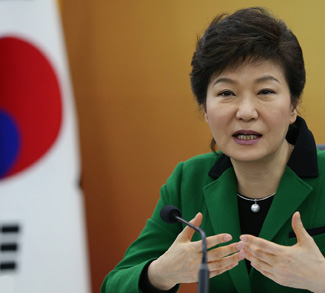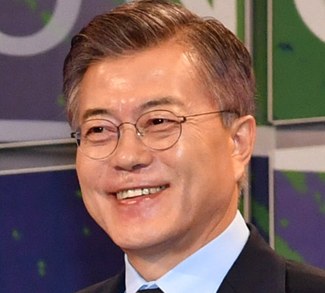Summary
There has been an uptick of instability on the Korean peninsula, triggered by another round of provocative missile and nuclear tests by Pyongyang.
The elaborate dance of North-South recrimination and reconciliation is one that we’ve seen before. Given the cyclical nature of relations on the peninsula, it’s better to focus on what makes this time different previous ones – and there’s quite a bit to set recent events apart.
Impact
The Black Box of Pyongyang Politics
For starters there’s the tenuous position of Kim Jong-un atop the leadership of the DPRK. Kim inherited the position quite suddenly following the death of his father in 2011, after only a year of officially being groomed for the job. As a result, he came to power without the entrenched personal power networks that might help him feel secure in his new position. He is also by many inside accounts a very nervous individual who’s given to bouts of paranoia – characteristics that would only compound this initial sense of vulnerability.
It’s impossible to know the details of what exactly is going on in the halls of power of the Hermit Kingdom, but the string of high-profile executions that have taken place since Kim Jong-un took power suggests that, at the very least, the 33-year-old supreme leader believes that his position is at risk. The latest confidant to be executed was Ri Yong-Gil, the military chief of staff who had often accompanied Kim on official inspection tours and Party events. Ri’s disappearance early this year comes after Armed Forces Minister Yong Chol was eviscerated by anti-aircraft fire in 2015 and Jang Song Thaek, Kim’s uncle, was executed for treason in 2013.




